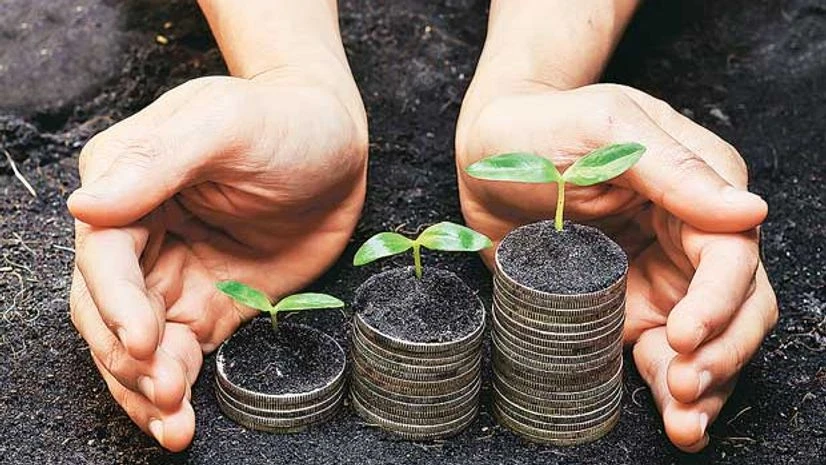With a healthy growth rate, India stands out among emerging economies, but the country needs more private investments and has to fix many things to see a "real turning point", noted an eminent Harvard economist, Gita Gopinath.
Stating that it would be really difficult to predict what would happen in the near term, she said that given a lot of positive steps that have been taken, the turnaround might happen sooner than later.
"Given that the global growth is so weak and most other emerging economies have been hit by commodity prices, in comparison, there is substance in the fact that India stands out," Gopinath told PTI in an interview.
More From This Section
According to her, people think there is some real progress happening here, but this is not enough.
"There are still many things that need to be fixed. Some of the big announcements like Skill India and Make in India will have to show results," she noted.
"Private investments, by which I mean domestic investors, still has to grow. Investment rates in India still haven't recovered. When that happens, then we will have a real turning point."
Gopinath, the John Zwaanstra Professor of International Studies and of Economics at Harvard University, was a Co-Chair at India Economic Summit that recently concluded at New Delhi.
The Reserve Bank of India (RBI) has pegged the country's GVA (Gross Value Added) growth at 7.6 percent for the current financial year, ending on March 2017, besides projecting a 7.9 percent growth in the following year.
Earlier this month, the International Monetary Fund (IMF) projected a growth rate of 7.6 per cent for India in 2016 and 2017.
The multilateral lender also said the government should continue reforming its tax system and eliminate subsidies to provide more resources for investments in infrastructure, education and healthcare.
According to Gopinath, Skill India and Make in India have to "really generate better outcomes". "I don't know how easy it is to make that happen, (but) it is not something that will happen overnight," she said striking a note of caution.
Hailing the passing of Goods and Services Tax (GST) as a "very good sign", Gopinath said the taxation regime will help companies to save cost incurred while crossing borders.
"The longer term effect of (concerns such as) where to locate production and where to locate sales will take some more time. There could well be rather a quick effect on revenue collection because the good thing about GST is (that) it is a self-enforcing imposing mechanism of tax collection, unlike other taxes," she added.
Asked whether a more dovish monetary policy is advised, Gopinath replied in the negative.
"No, I guess I am one of those people who thought (Raghuram) Rajan's monetary policy was perfectly good. Obviously, you have to revisit decisions with the data. My hope is that the Monetary Policy Committee (MPC) will do that," she said.
About the RBI cutting rates by 25 basis points, the Harvard economist said she was not sure if it would have a big effect as transmission to consumers has not been very strong earlier.
"While RBI has been cutting rates over the last year and a half, the transmission has not been very strong. So, I don't know whether another 25-basis point cut will have a big effect," she said, adding that the regulator needs to take measures to ensure benefits trickle down to customers apart from addressing the issue of bad assets in the banking sector.
In response to a query on the debate about India's GDP calculation, she said it is true that the debate doesn't die down.
"GVA is another way of constructing it. Some of the issues were there probably even before this GDP construction and it is not as if now things have got much worse. It became more salient recently," she said.
"My take though is that IMF has signed off on the numbers and the rest of the world is fine with the numbers. The question is everybody is looking at the change, just look at the direction of the change," said Gopinath.
Regarding the debate over GDP numbers being a concern in the context of India emerging as a bright spot, Gopinath said, "I think even if it (the debate) is correct and how badly rest of the world is doing, India will still stay as a bright spot.

)
